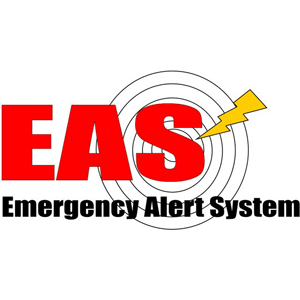Broadcasters Urge FCC to Leave EAS Unchanged, Calling It ‘Vital Backup’


Both the NAB and NPR say that while improving EAS accessibility is a worthwhile cause, the focus should be on broader use of internet based Common Alerting Protocol (CAP) technology.
As part of its ongoing proceedings, the FCC is looking for ways to ensure the deaf and hard of hearing are reached with emergency alerts. Much of its current focus is how CAP can be used to send written text and even multimedia elements like photos or video clips, in addition to an audio message. Digital radio technology could enable the delivery of such elements to listeners who have a digital receiver. But the NAB thinks the EAS should instead be embraced as a “vital backup” to ensure emergency alerts get out when internet networks are disrupted.
